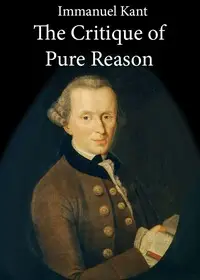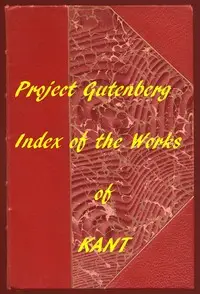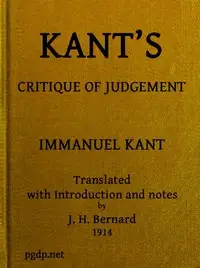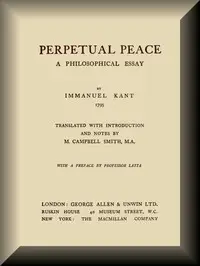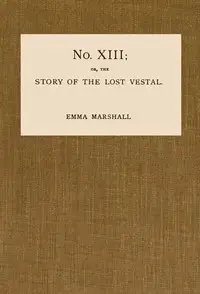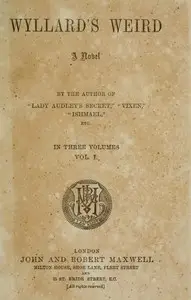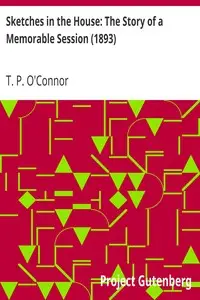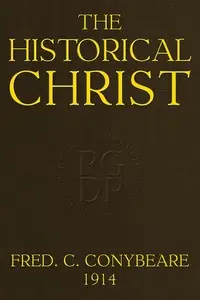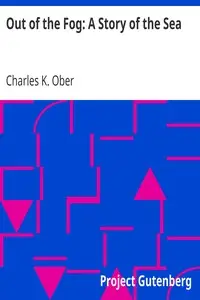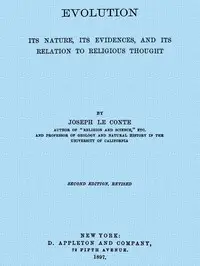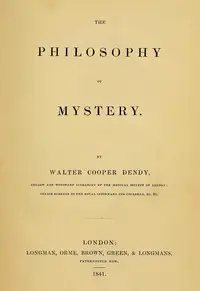"The Critique of Practical Reason" by Immanuel Kant is a philosophical treatise written in the late 18th century. This work examines the foundations of moral philosophy and ethics, specifically focusing on how practical reason can determine the will and moral laws. Kant explores concepts such as freedom, duty, and moral law, aiming to establish a system where morality is grounded in the rational capacities of human beings rather than in empirical experiences or speculations. At the start of the text, Kant outlines the significance of practical reason, emphasizing its role in determining moral laws that govern human actions. He introduces the idea that moral principles must stem from pure reason and not from subjective desires or empirical conditions. He posits that genuine moral laws are categorical imperatives and highlights the importance of autonomy and the universality of these laws. Kant's exploration addresses common misunderstandings surrounding morality and its relation to self-interest, arguing for a rational basis for moral obligations that transcends personal inclination. (This is an automatically generated summary.)
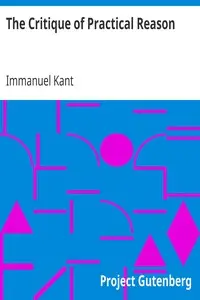
The Critique of Practical Reason
By Immanuel Kant
"The Critique of Practical Reason" by Immanuel Kant is a philosophical treatise written in the late 18th century. This work examines the foundations o...
Genres
Released
2004-05-01
Formats
epub3 (images)
epub
mobi
mobi (images)
epub (images)
Free Download
Overview
About the Author
Immanuel Kant was a German philosopher and one of the central Enlightenment thinkers. Born in Königsberg, Kant's comprehensive and systematic works in epistemology, metaphysics, ethics, and aesthetics have made him one of the most influential and controversial figures in modern Western philosophy. He has been called the "father of modern ethics", the "father of modern aesthetics", and for bringing together rationalism and empiricism has earned the title of "father of modern philosophy".
Total Reviews
10.0k
Total reviews from Goodreads may change


